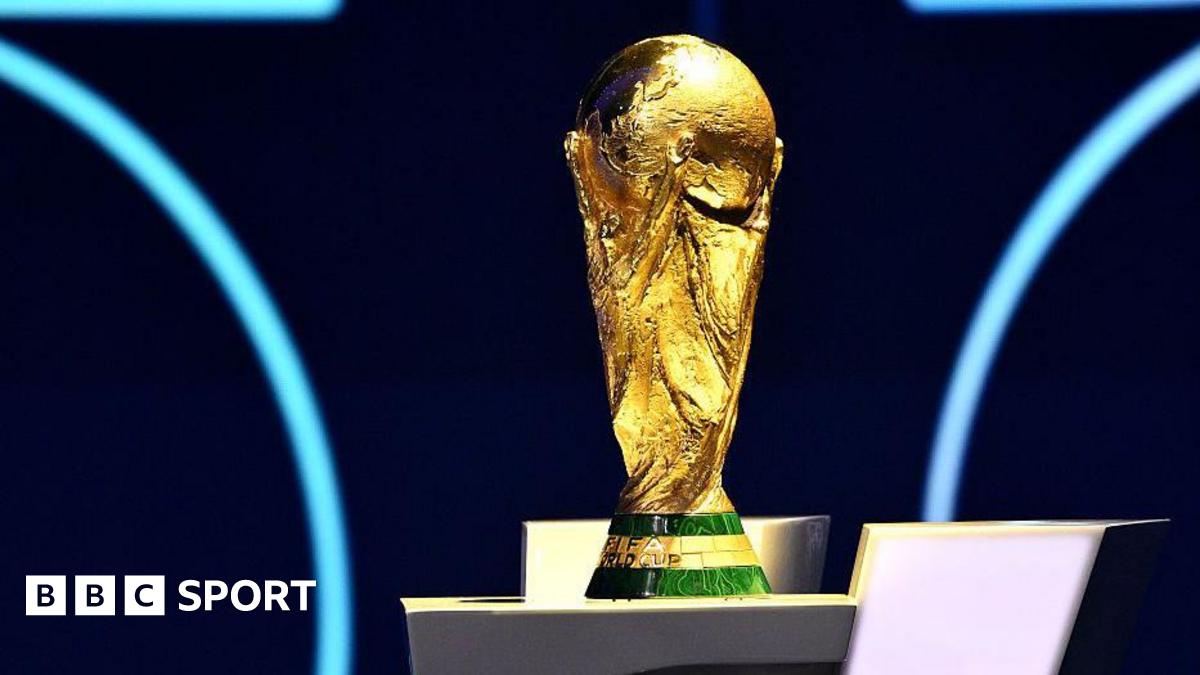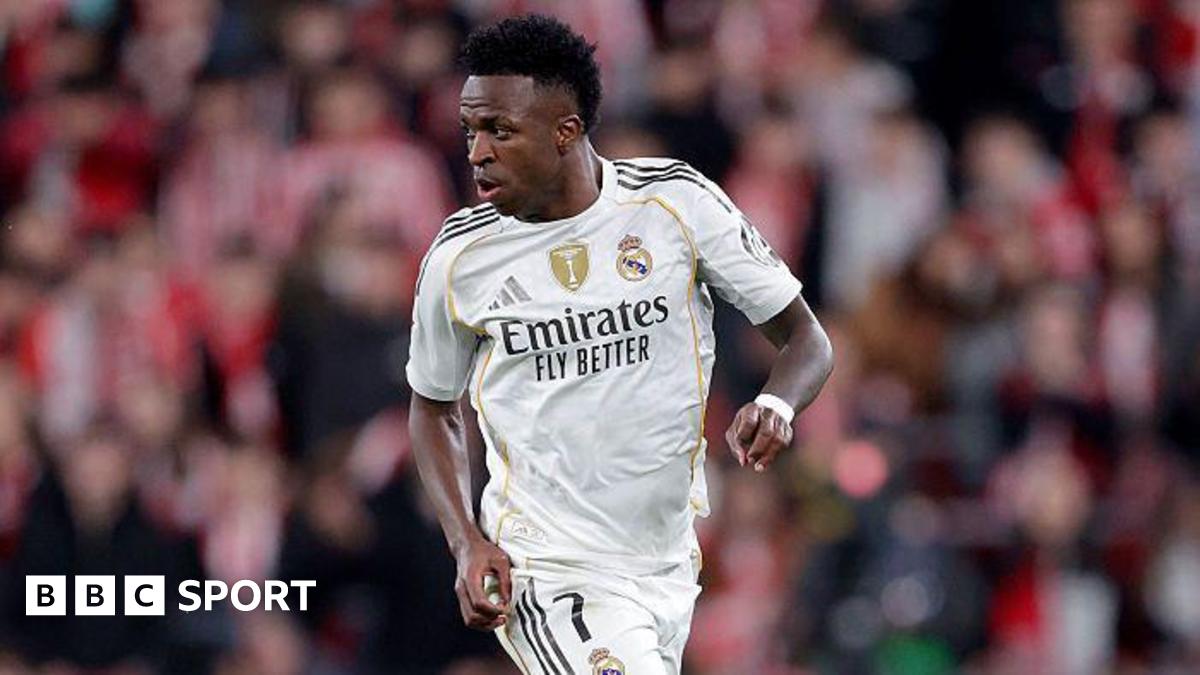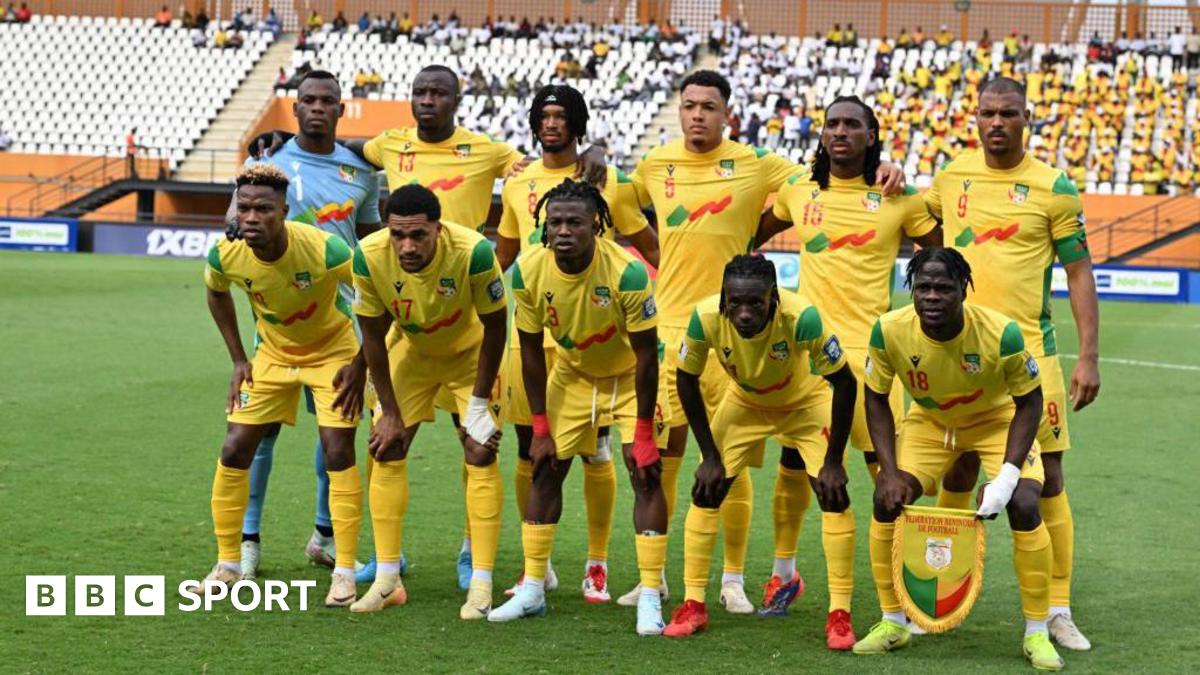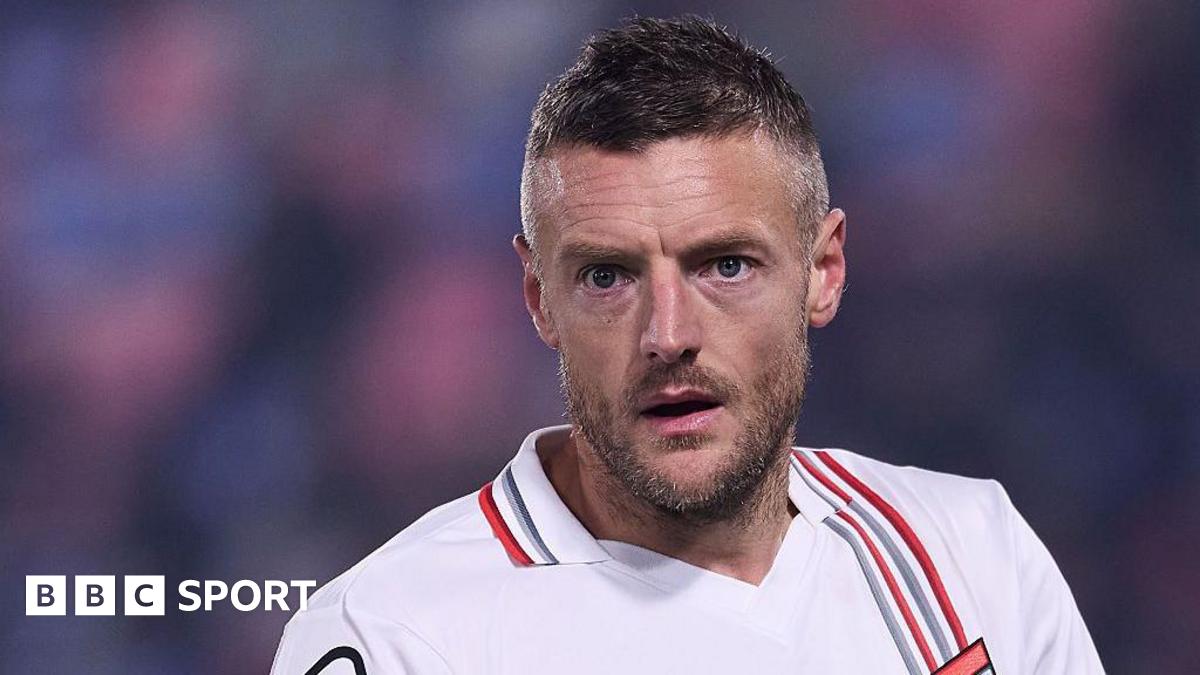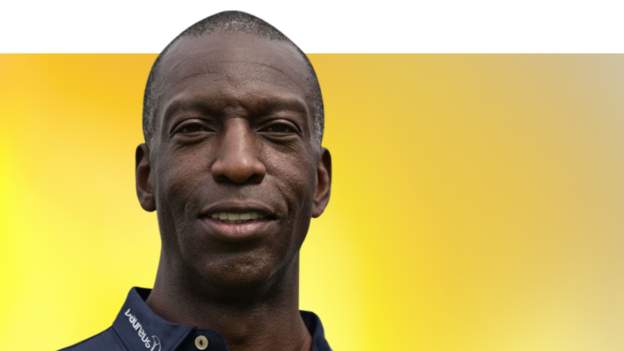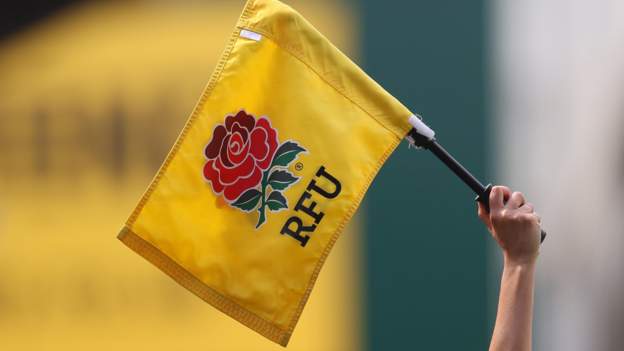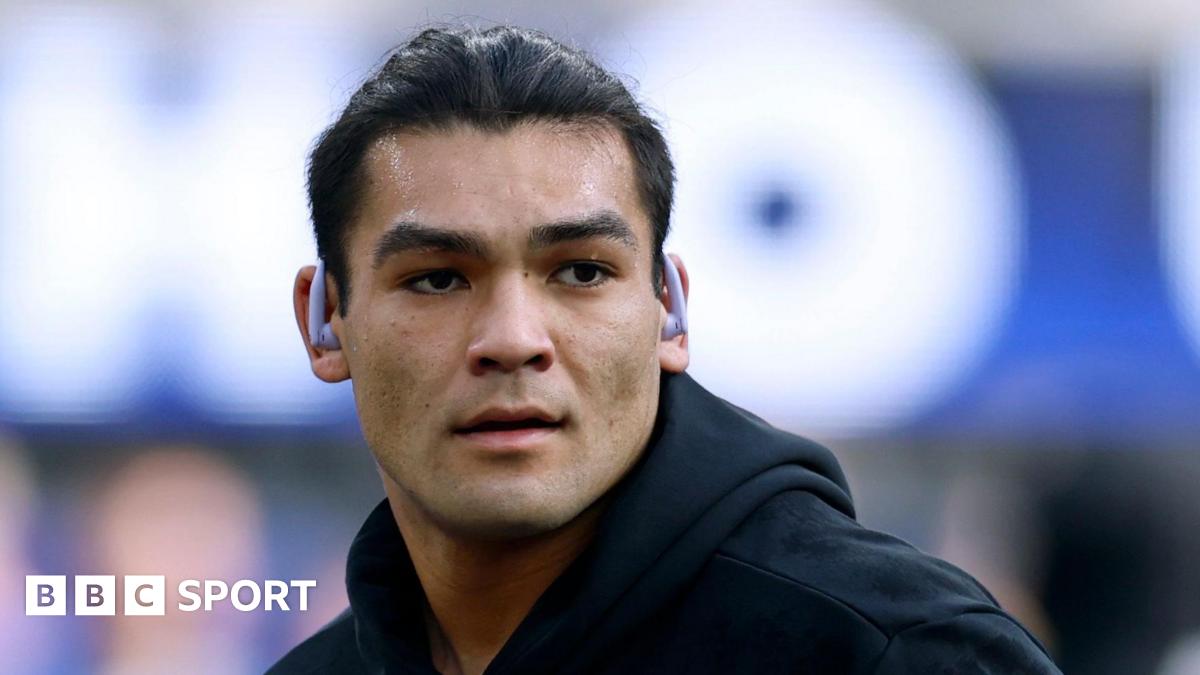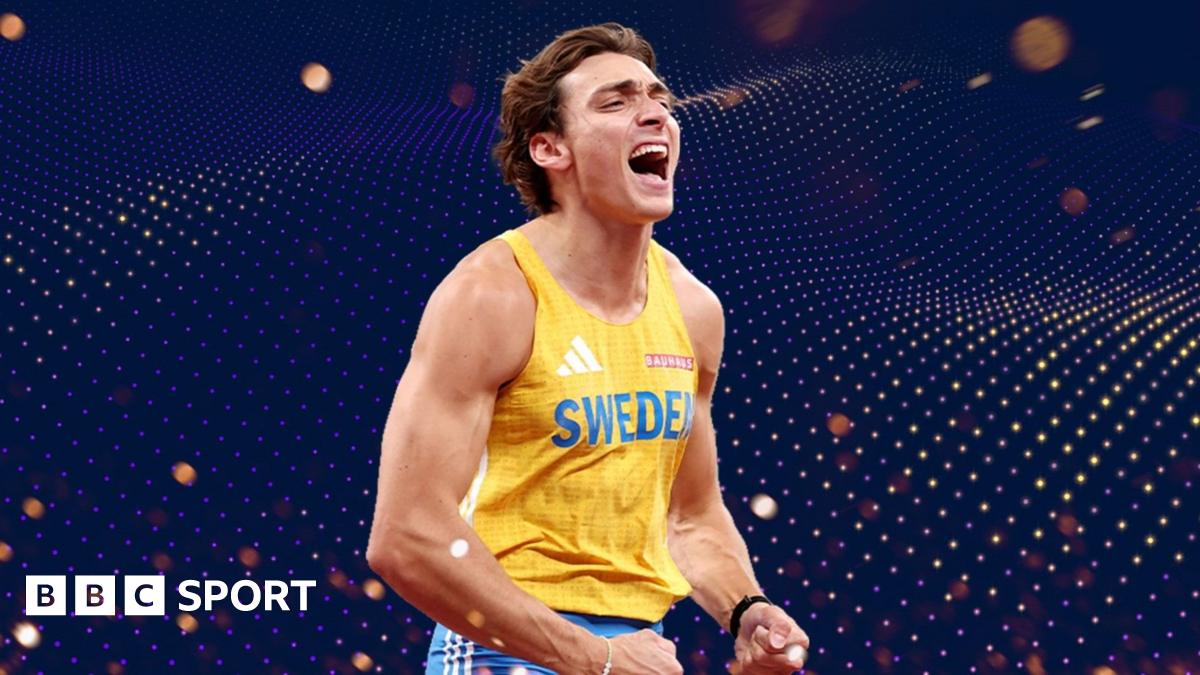| Venue: Hayward Field, Eugene, Oregon Dates: 15-24 July |
| Coverage: Watch live on BBC TV, BBC iPlayer, BBC Sport website and mobile app (UK only) |
The time was slower, she finished lower on the podium, but for Dina Asher-Smith this 200m bronze medal probably brought as much satisfaction as her gold from Doha three years ago.
This time, the calibre of the competition she was getting into was so much higher.
Before she arrived in Eugene, her best 200m time of 2022 was 22.27 seconds. She was 18th fastest in the world.
She knew that Shericka Jackson, who ultimately won gold in the second-fastest time in history, was in such good form.
Shelly-Ann Fraser-Pryce, who ended up with silver, was getting stronger.
But Abby Steiner, Elaine Thompson-Herah, Tamara Clark and Mujinga Kambundji, among others, had all run faster than she had.
The expectation was so different to 2019, when she came into the final as a big favourite.
But Dina managed to raise her game through the rounds, compete hard and claim a medal. That showed real character.
She revealed after the race that she had been struggling off the track with the death of her grandmother.
That is the sort of thing that can make performing at a high level hard. In my day, the public wouldn’t see those things or know about them.
Perhaps it was a fear that if you made those personal things public, you would be giving your rivals ammunition or showing weakness.
Things have changed. Social media has ushered in a new culture of sharing things beyond your immediate circle.
For viewers, you get to find out more about the person behind the athlete. But it poses new challenges for athletes. They have to learn how to balance managing their public image and sharing more of their personal struggles with doing what it takes to achieve their athletic goals.
When I was racing I experienced personal and emotional life issues as we all do. My grandparents died during my career, but I kept it behind the scenes.
But not sharing it, because it wasn’t common to do so, in some ways made things simpler.
Noah Lyles is very much part of the modern generation. He has talked about how he had to deal with depression, attention-deficit disorder and dyslexia during his life and career.
But, at 25, he seems to have found a way to be at his best. His successful defence of his 200m world title came in a time of 19.31 seconds. It was 0.19 seconds faster than he has ever gone before and made him the third fastest man in history.
He is a showman out on the track. You could see that in his celebrations, but also before the race started as he interacted with the crowd.
It may be that it affects his rivals. Teenager Erriyon Knighton was short of his best in the final, finishing third.
But I don’t think they are mind games. It is how Noah enjoys athletics – it makes him happy, confident and relaxed.
It was the same with Usain Bolt. He once told me that he could never have approached races like I did, ultra-focused as soon as I stepped on the track. Usain said that he would have got too nervous and tight if he had approached things like that.
I think Noah has a real chance of breaking Bolt’s world record of 19.19 seconds over the next few years. He is still young and the way he attacked the opening 100 metres tonight and ran the bend was like nothing we have seen from him before.
He broke my US record of 19.32 seconds to take gold. I had a quick chat with him afterwards and I don’t think it means too much to either of us to be honest.
In the United States, particularly in the sprints, the emphasis is more on world records because the American record is often pretty much the same.
I have seen my 200m world record broken by Bolt, and South Africa’s Wayde van Niekerk took my 400m world record at Rio 2016.
But I always saw records as a target to work towards and strive for, rather than something to hold on to once you had got them.
That is how Noah will be looking at Bolt’s world record now.
It might not be next year. I think in 2023, having already won 200m world gold twice, he might have another go at doubling up and combining with the 100m as he tried, less successfully, in 2021.
But in 2024, with that missing Olympic gold to go for, I could imagine him refocusing back solely on 200m.
That could be the moment for something monumental.
Michael Johnson was speaking to BBC Sport’s Mike Henson






